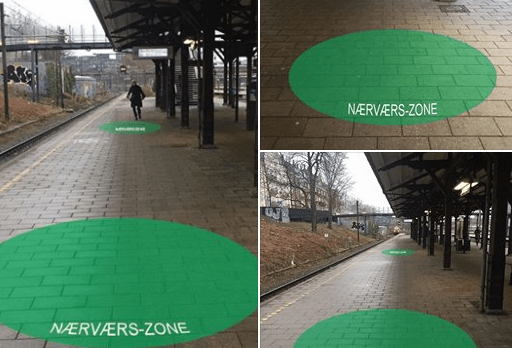If you found yourself gawking in disbelief while reading CPH POST on Sunday morning that the Danes ranked ahead of the Brits when it comes to proficiency in the English language, you can rest easy for it was but an April Fools’ gag (although the Danes do rank among the best non-English speakers in the world).
Trying to pull one over your neighbour on April 1 has been a tradition for centuries in Europe, going back to the early 1600s, while the Danish media have been trying to dupe their readers since the early 1900s.
One of the first was a Copenhagen newspaper trying to convince its readership that the sun had ‘slept in’ and was nine minutes late rising on the infamous day in 1914. These days though, people are less gullible (or more suspicious) and an attempt like the one above would be sniffed out quickly.
Coming up with a solid April fools’ story is more difficult than one may think. The story needs to be eye-catching, clever and concern a topic that is of interest, but not so outrageous as to raise suspicion. Humour is also a useful ingredient. It’s a tightrope.
Better than last year
Truth be told, this year’s crop of April Fools’ attempts was considerably better than last year’s dismal showing, highlighted by the Energy Ministry’s effort, which saw it banning grill coals to offset climate change.
Other decent efforts included Ingeniøren newspaper writing that the government would set up cameras at the Danish borders that would use facial recognition to permit wolves to cross over from Germany, but deny wild boars from doing the same.
Meanwhile, the police got in on the act by informing the public they would change the traditional blue flashing lights to red, while the blue lights would be donated to Copenhagen Zoo to give the impression of polar lights in the polar bear enclosure. (Okay, that last one is pretty awful.)
A round up
Diary giants Arla pledged to produce milk-less milk that would contain neither calcium, vitamins or proteins as part of a new campaign, while Socialistisk Folkeparti party wrote that it would campaign for a wealth ceiling that would kick in for people suffering from wealth-induced illnesses such as high blood pressure, obesity, gambling addictions and alcoholism.
One of the more interesting attempts was Videnskab.dk revealing that noted researcher Eske Willerslev and twin brother, Professor Rane Willerslev, were in fact the same person. Eske Willerslev, we were informed, had invented a twin brother to live a double life.
Ekstra Bladet tabloid unveiled news that legendary band Gasolin’ would reunite under a new name, Diesel, while supermarket Bilka revealed it would allow couples to get married in its local warehouses. Netto supermarket wrote it had launched its own crypto currency.
The top dogs
But perhaps the best effort came from rail operator Banedanmark, which came up with a ploy that was amusing and had a relevance to Denmark that many foreigners might be able to relate to.
Banedanmark lifted the curtain on plans to set up ‘closeness zones’ on train platforms around Denmark, which would allow people waiting for the train to meet and chat to other like-minded travellers. As anyone who has travelled on a bus or train in Denmark knows, chatting to strangers is not something the Danes enjoy.
Another beauty was Gaffa music magazine writing that a forthcoming Slipknot concert in Copenhagen would be cancelled because the recent government burka ban would forbid the mask-wearing metal band from performing.
Finally, Berlingske newspaper wrote that the government was getting ready to ban foreign languages being spoken in public in the wake of its recent ‘Ghetto Law’. Aside from Danish, only English, French, German and other Nordic languages would be acceptable languages to speak on the streets.















